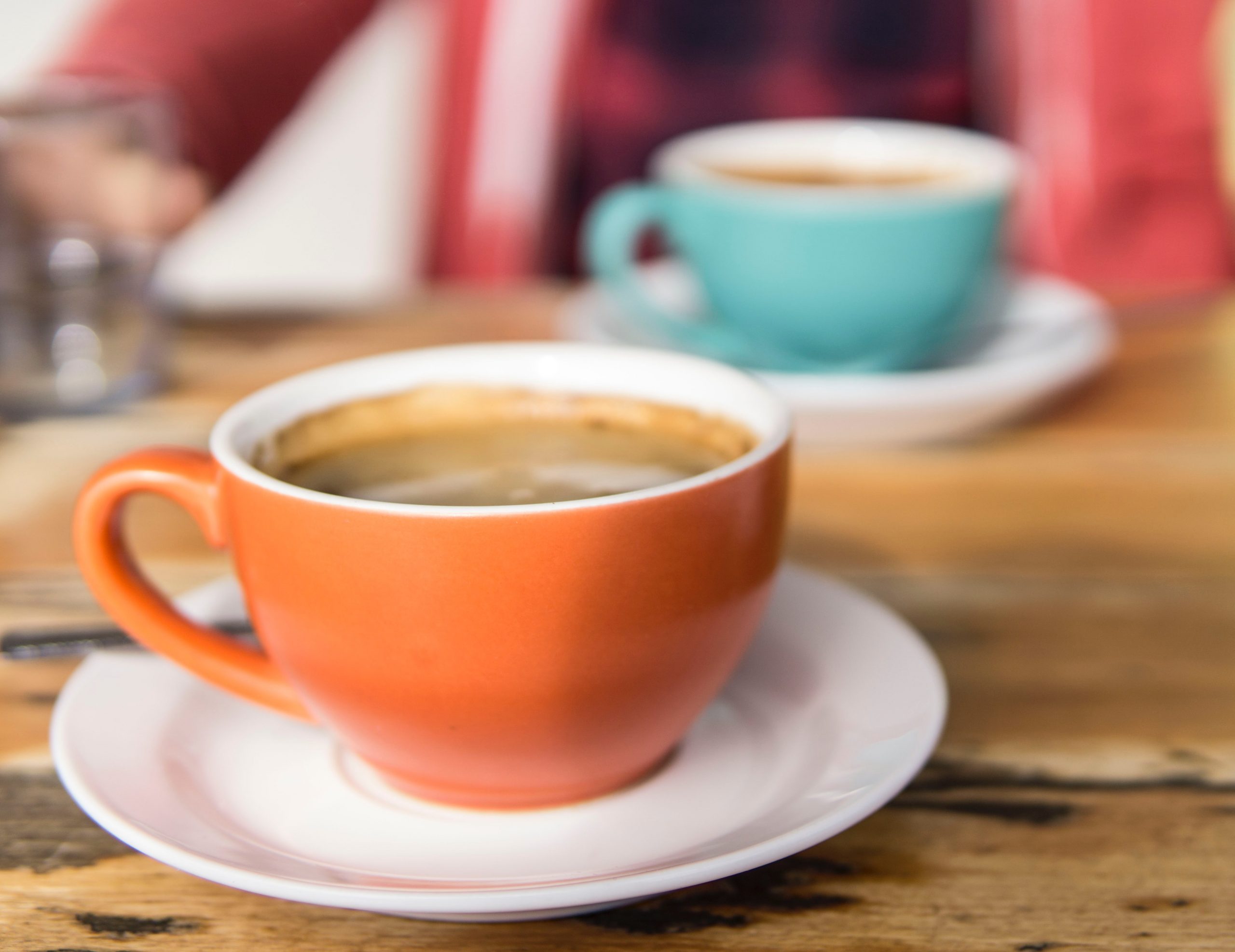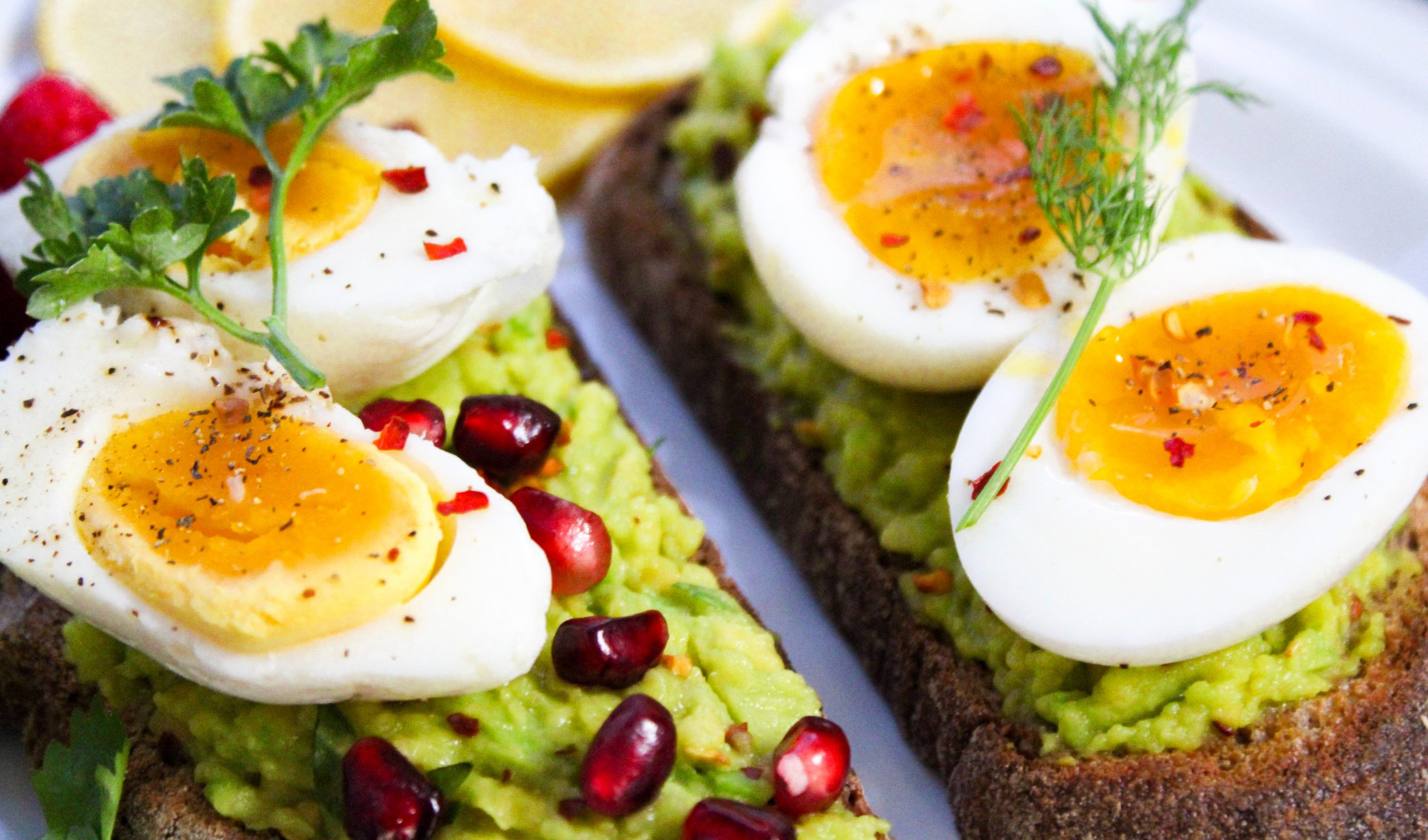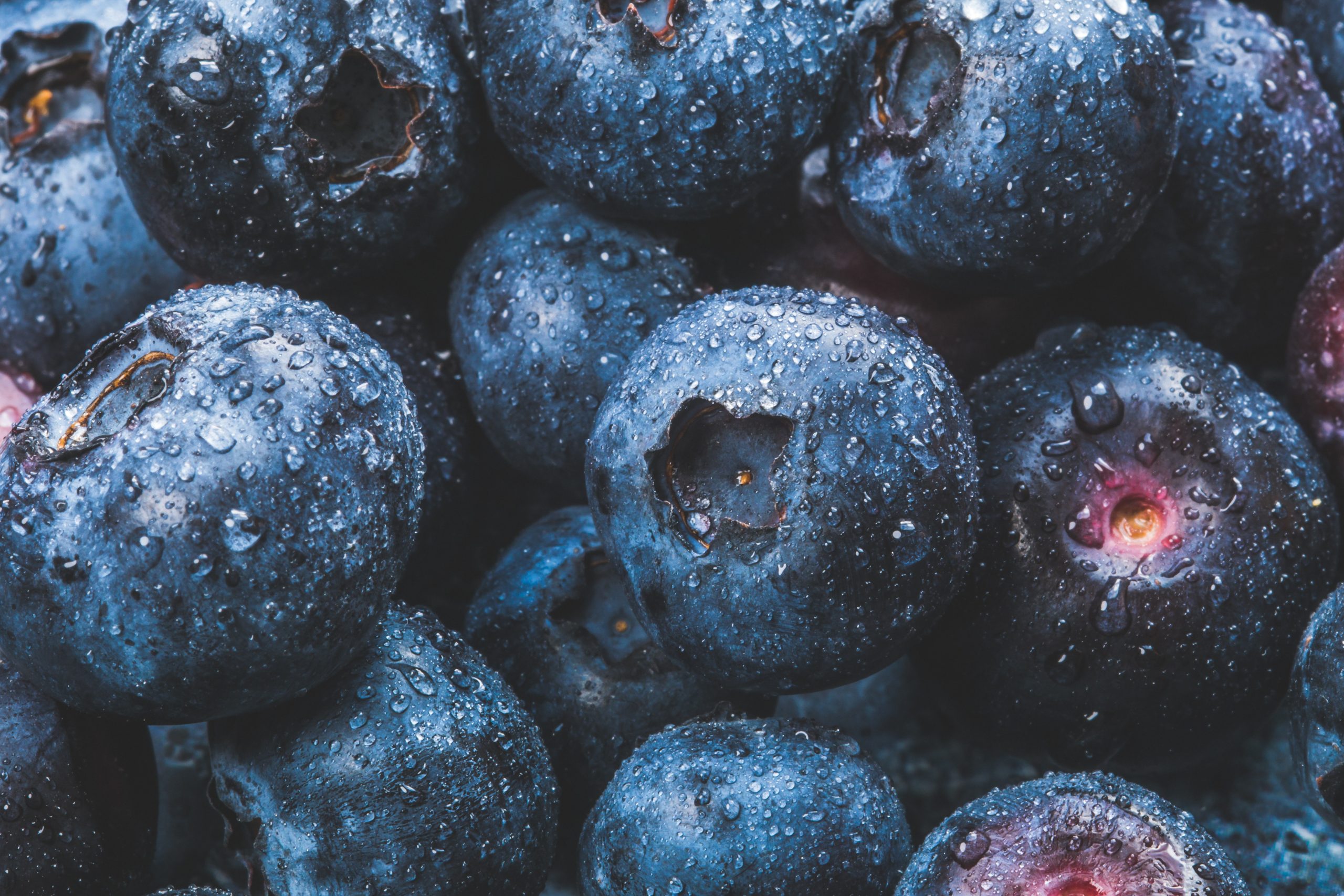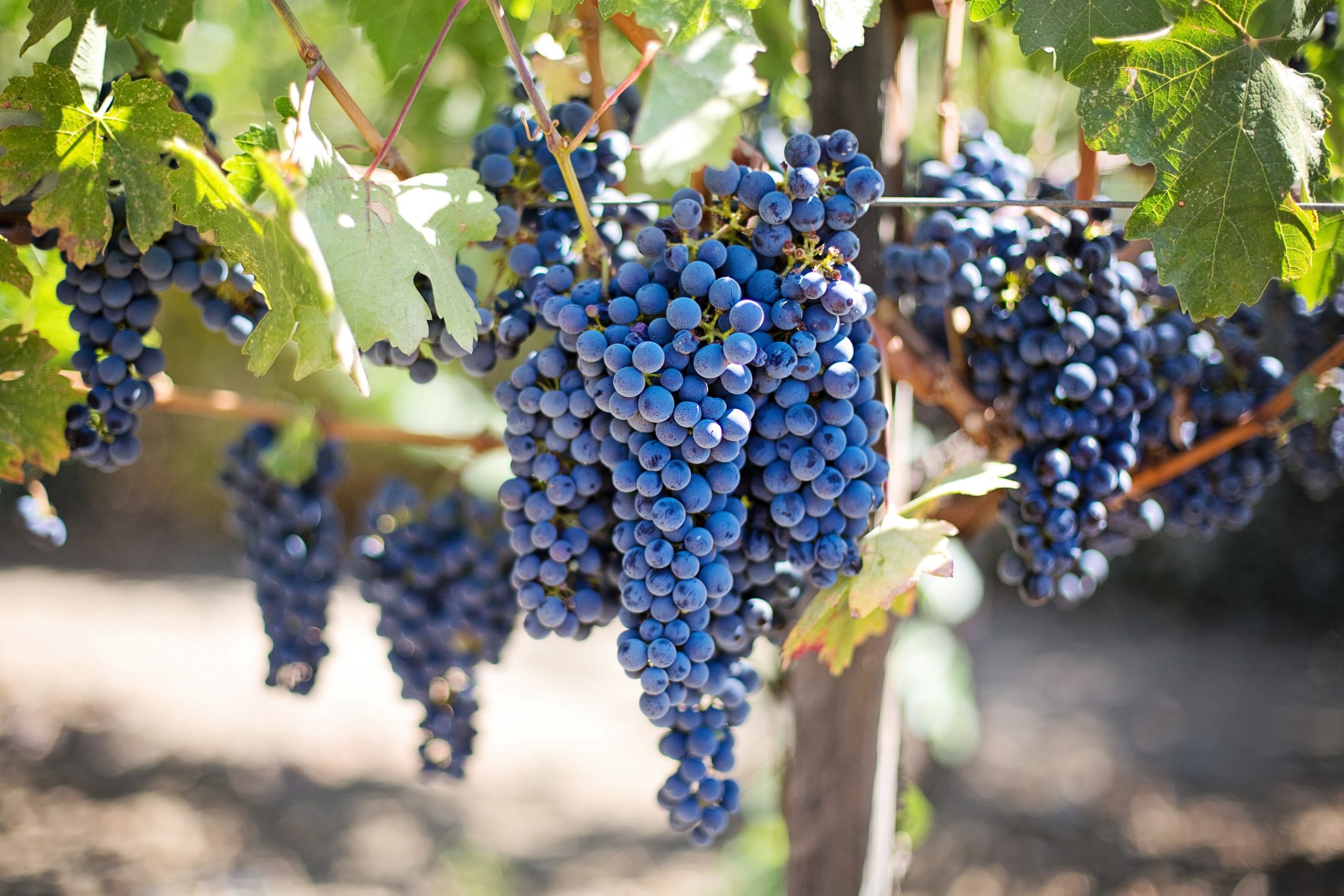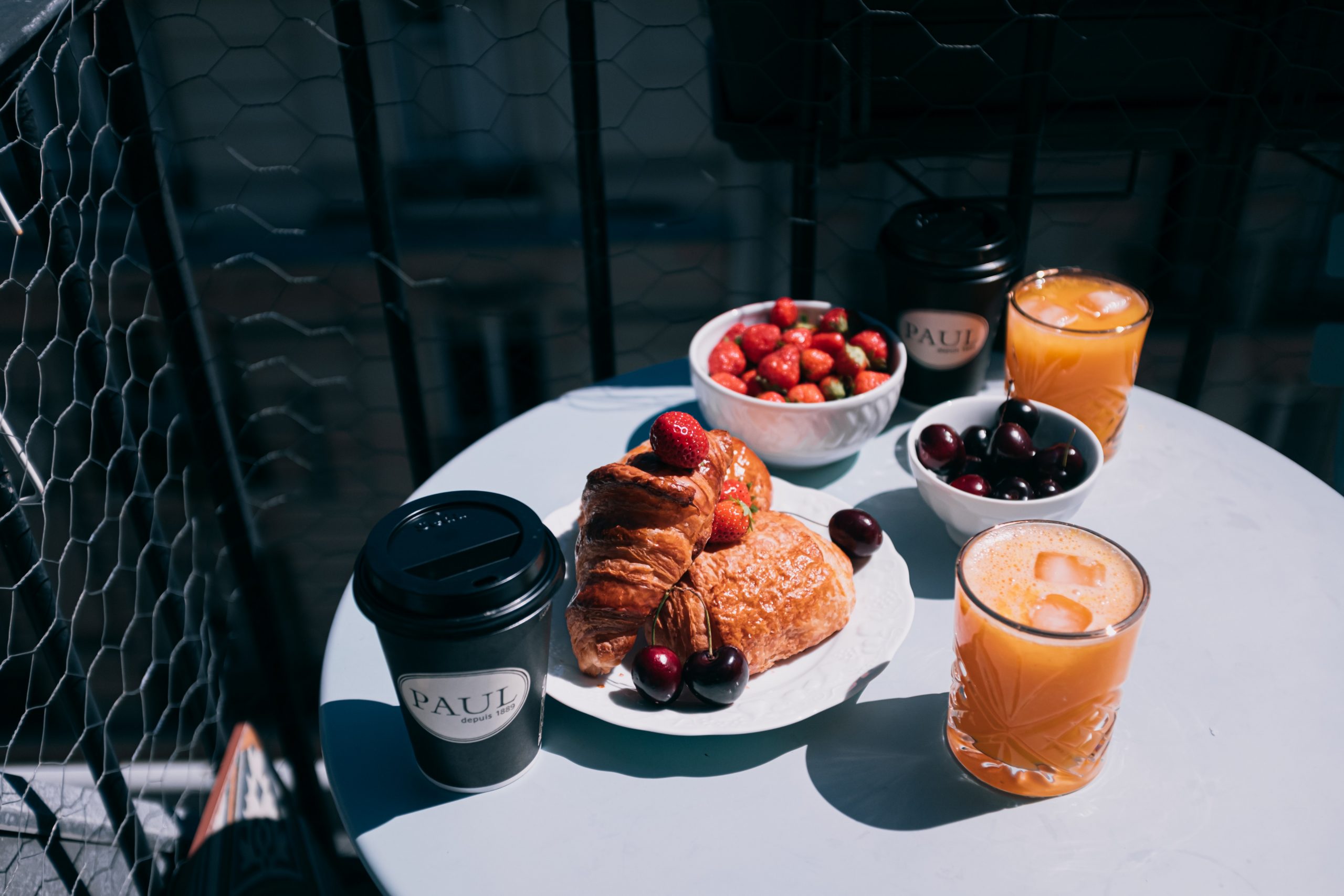
Low blood pressure is officially known as hypotension. (High blood pressure is high blood pressure). The condition is diagnosed if blood pressure remains below 90/60 mm Hg and causes disturbing symptoms such as dizziness, fainting, weakness, confusion, blurred vision and nausea with or without vomiting. In the worst cases of low blood pressure, shock can occur, which can be fatal. Get treatment immediately if you have cold, damp skin with a fast pulse and shallow breathing.
There are many possible causes of hypotension, including dehydration, stress, pregnancy, heart disease, thyroid or endocrine disorders, infections, and allergic reactions. Your doctor may prescribe medication to control your hypotension, but he will definitely recommend some dietary changes that can help keep your blood pressure at a safe level. The following are the best things you should consume if you suffer from hypotension.
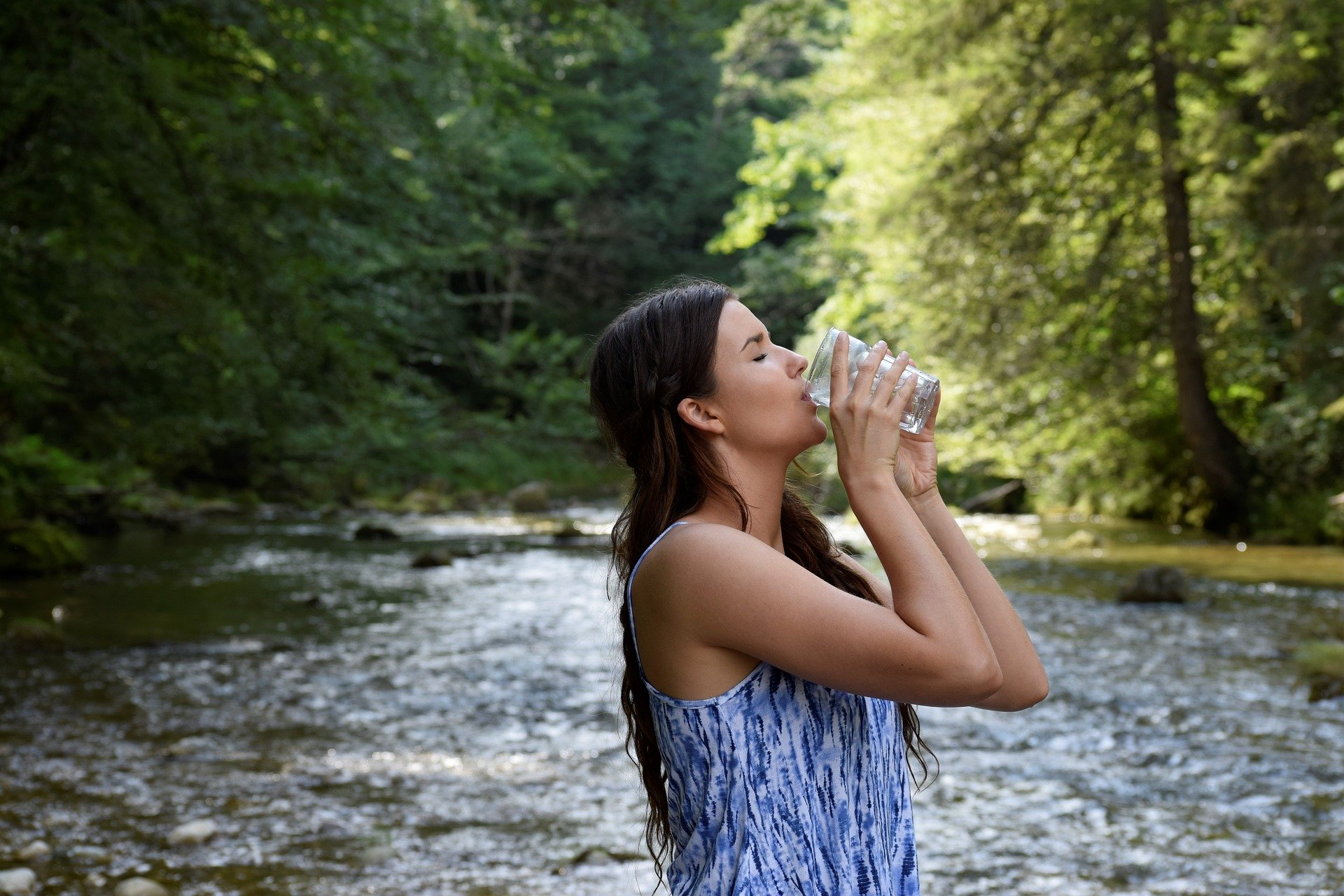
Fluids And More Fluids
When your body becomes dehydrated, your total blood volume also decreases. This leads to a drop in blood pressure. Pay special attention to hydration during exercise, but know that things like fever and taking certain medications can also lead to dehydration. A long-standing rule of thumb is to drink eight 8-ounce glasses of water a day. However, modern advice says that your body can really tell you when you’re thirsty and that you don’t have to drink more than you want. Just make sure you don’t ignore your thirst. If you’re concerned about hypotension, monitoring your intake can be comforting.
Foods High In Vitamin B-12
Vitamin B-12 deficiency is a risk factor for anemia, which can lead to low blood pressure. This water-soluble vitamin is crucial for the production of red blood cells and also plays a role in neurological function and DNA. Blood pressure is an integral part of these processes. To get more B-12 in your diet, eat foods like fortified eggs, beef, and grains. However, be aware of how much you are getting, as too much B-12 calcium can flush out of your body and can dangerously raise your blood pressure.
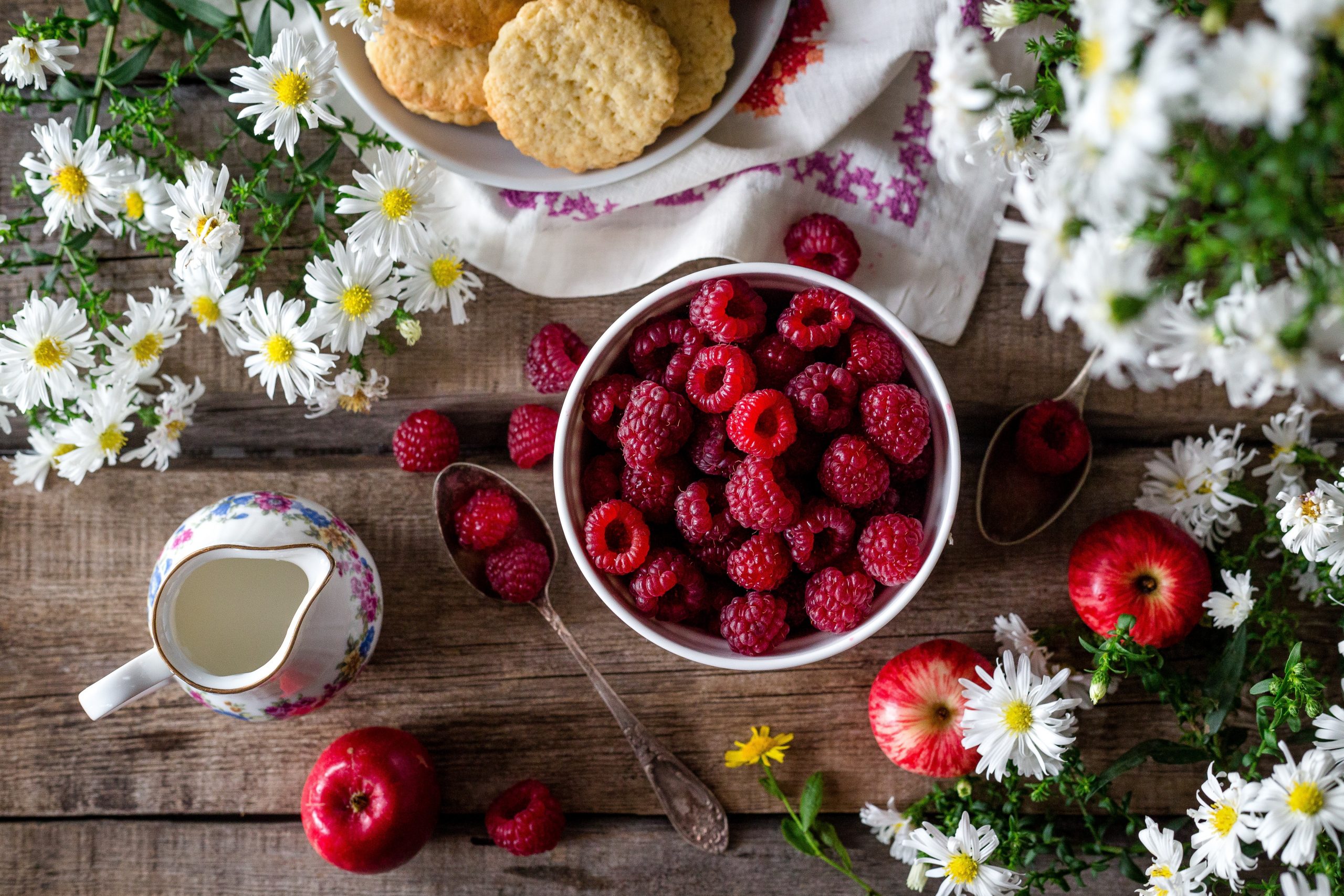
Foods High In Folate
Folic acid is another B vitamin, in this case B-9. It is crucial in times of rapid growth, especially during pregnancy. Very little folic acid has the same effect as a B-12 deficiency if the deficiency plays with the development of anemia. Folic acid or folic acid are found in sources such as asparagus, chickpeas, citrus, broccoli and liver. If your doctor determines that you lack this important nutrient, he may recommend a supplement.
Salt
Good news: While almost every other health condition requires limited salt intake with hypotension, this is less of a concern. Sure, you don’t want to start eating potato chips and fast food to raise your blood pressure because of your weight. However, since salty foods can raise blood pressure, it is sometimes okay to treat yourself. Good options include canned soup, smoked fish, roasted nuts, hummus, cottage cheese, and olives.
Licorice tea
If it tolerates the taste, people seem to love or hate it, liquorice tea is believed to suppress the effects of aldoterone, a hormone that regulates the body’s use of salt. If you’re hoping to increase your blood pressure with licorice tea, aim for 30 grams or more a day for four weeks, and then see if you have moved the needle. Licorice in any form is not recommended for people with high blood pressure, but if your licorice is low, it will take a long time to bring it to a dangerously high level.
Caffeine
Caffeine is a stimulant that can temporarily raise blood pressure, although doctors aren’t quite sure how. One idea is that it narrows the arteries by blocking a certain hormone. Others think that caffeine causes the body to release more adrenaline, which also increases blood pressure. In any case, the effects are stronger in people who do not consume caffeine regularly. Therefore, you may want to reduce your total caffeine intake to control blood pressure shocks.
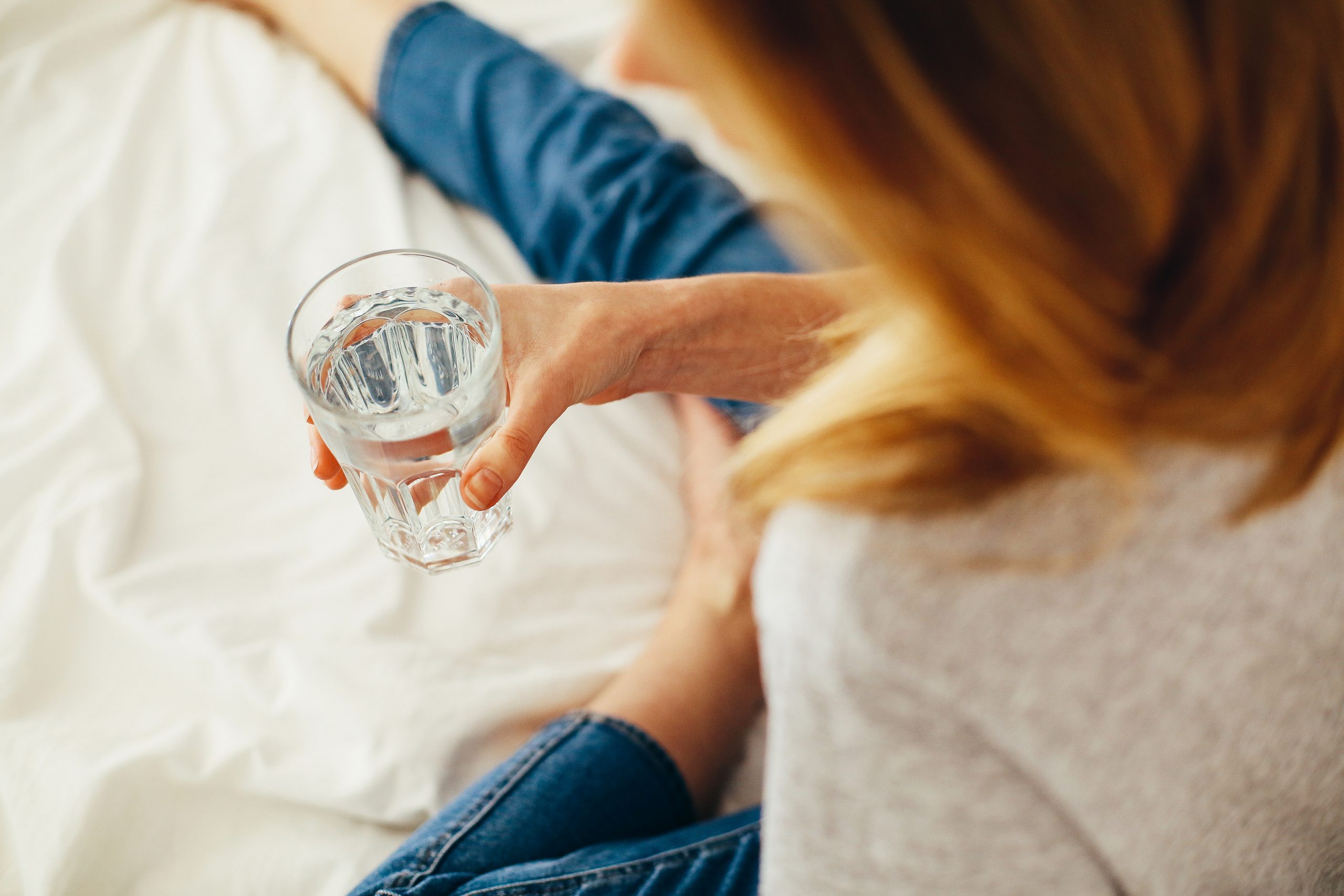
Other Dietary Changes
Beyond what you eat, the way you eat can affect your blood pressure. For example:
- Hearty meals make your body work hard to digest it and can cause troublesome drops in blood pressure. Eat smaller meals more often to avoid this.
- Foods that are particularly high in carbohydrates hit the body quickly and digest quickly, leading to a shock that can include low blood pressure. Stick to whole grains instead of refined and processed carbohydrates for things like bread, cookies, and cereals.
- Limit alcohol as it leads to dehydration, which is terrible for blood pressure.
Simple lifestyle changes
- Since you want to avoid dehydration at all costs, don’t exercise outdoors on the hottest days of summer and don’t spend too much time in hot tubs and saunas.
- A quick change in posture can also cause a temporary drop in blood pressure. If you have to get up, bend down, or turn around, do it slowly.
- Avoid spending a long time in bed or lying down. Even if you are sick, get up and exercise at least once an hour during the day.
- Compression stockings help move blood around the body by preventing it from building up in the legs. Therefore, they are often recommended when people are in the hospital. They can also be helpful on sedentary working days.
Always ask your doctor about specific recommendations for diet and lifestyle. Increasing the intake of certain foods while restricting others can do a lot to regulate blood pressure. However, be sure to turn off any foods that are known to increase blood pressure automatically, as your diet may lack essential nutrients. Have blood pressure tests done regularly to perfect the perfect personal strategy to regulate and treat your hypotension.

